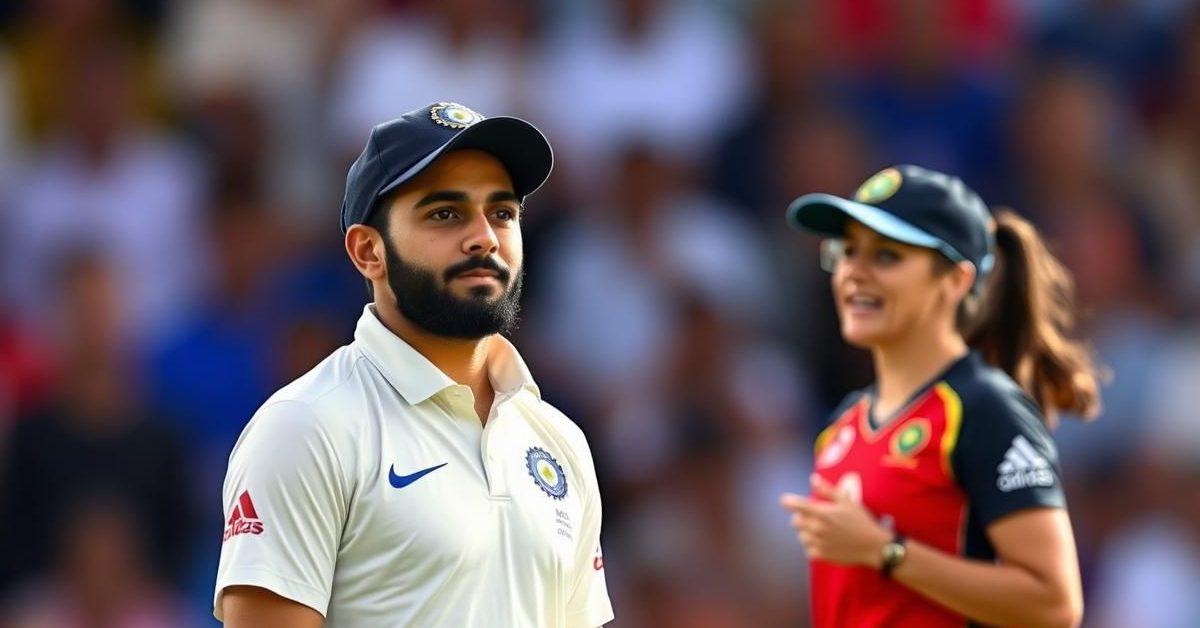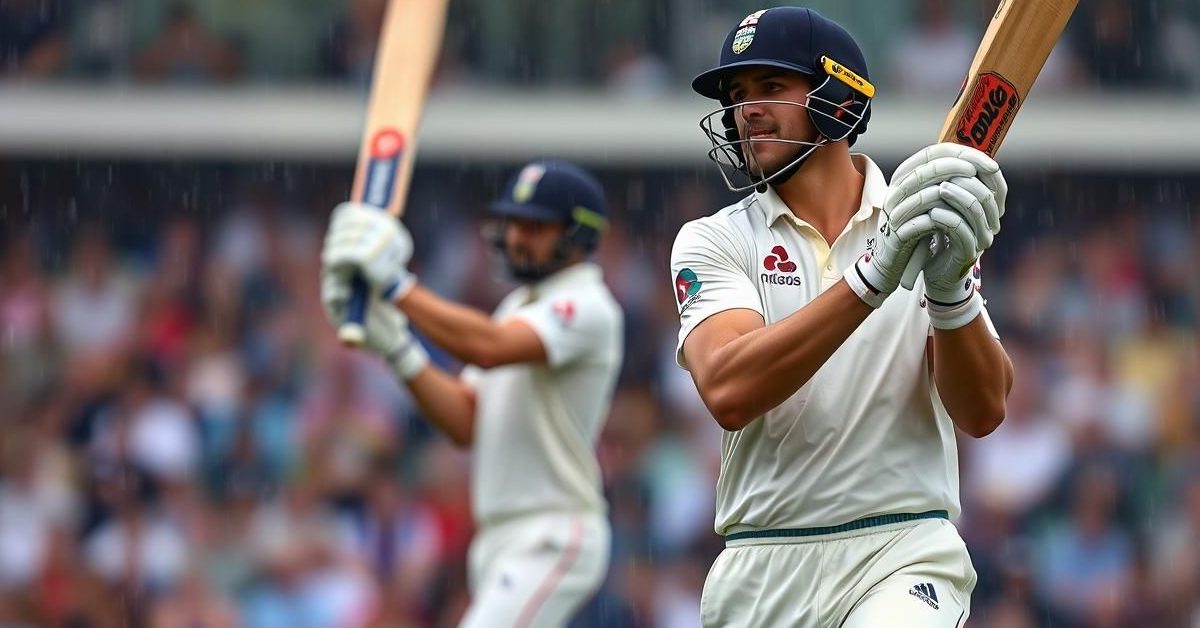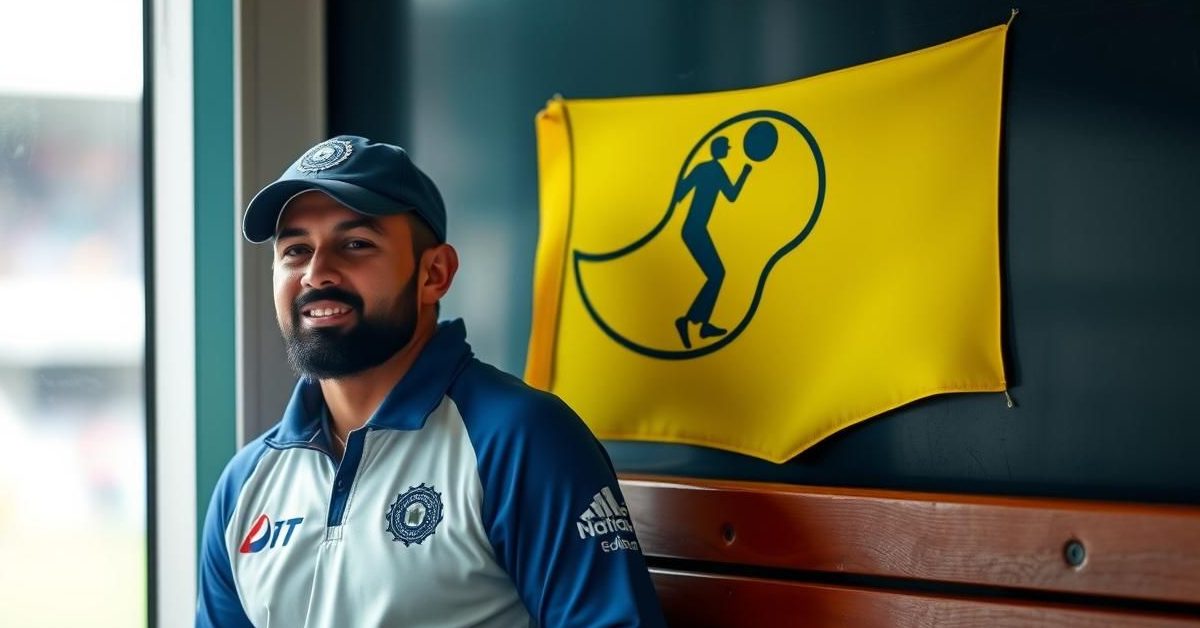The Unsettling Question: Is India Over-Reliant on Jasprit Bumrah?
A surprising strategic move by the Indian cricket team, opting to rest ace pacer Jasprit Bumrah for the crucial second Test against England, has ignited a fiery debate within the cricketing world. This decision, coming right after a stinging defeat in the series opener, has drawn sharp criticism and raised questions about the team’s depth. Among the most striking comments came from Australian women’s captain Alyssa Healy, who expressed a profound sense of “sadness” regarding the perception that Bumrah might be India’s singular path to victory in Test matches.
Alyssa Healy’s Candid Assessment: Beyond Individual Brilliance
Speaking candidly on the Willow Talk podcast, Healy didn’t mince words. She lamented the narrative suggesting that India’s fortunes in Test cricket hinged almost exclusively on the shoulders of Jasprit Bumrah. Her sentiment stemmed from the stark contrast observed in the first Test: India, despite boasting an impressive five centurions and a five-wicket haul from Bumrah himself, still succumbed to England. “I find that sad that that’s what we talk about,” Healy remarked, highlighting the disparity. She pointed out that England’s triumph wasn’t built on a parade of individual milestones but rather on cohesive team play, where “a couple of partnerships won the game.” India, conversely, delivered stellar individual performances that didn’t translate into a collective win. This observation cuts to the heart of a team sport: is individual brilliance enough, or does true victory spring from collective synergy?
The First Test’s Mixed Signals for India
While Bumrah’s five-wicket haul was a highlight in the England first innings, and star batters contributed significantly with centuries, the overall team performance in the opening Test against England left much to be desired. The inability to convert individual heroics into a decisive team victory against a well-drilled England side, even with a strong bowling effort from their premier quick, seemingly fueled Healy’s concerns. It underscored the point that even extraordinary talent like Bumrah’s requires strong support and cohesive execution from the entire squad to secure a win.
Shubman Gill and Ravindra Jadeja Steer India’s Fightback at Headingley
Despite the strategic conundrum surrounding Bumrah’s absence, India’s batting unit, led by captain Shubman Gill, showed resilience and determination on the first two days of the second Test at Headingley. Gill, alongside the versatile all-rounder Ravindra Jadeja, forged a monumental partnership for the sixth wicket. The pair’s gritty stand saw India surge past the 400-run mark, adding an impressive 203 runs off 279 balls before Jadeja’s dismissal for a well-made 89. This crucial alliance offered a glimpse of India’s capacity to perform under pressure, demonstrating that the team possesses other match-winners capable of delivering significant contributions, even without their pace spearhead.
Ravi Shastri’s Unfiltered Disapproval of Bumrah’s Rest
Perhaps the most vehement criticism of Bumrah’s rest came from former India head coach Ravi Shastri. Known for his no-nonsense approach, Shastri expressed his surprise and strong disapproval following the toss on Day 1. He argued vehemently that the decision to rest Bumrah for such a pivotal match, particularly after a defeat, should not have been left solely to the player. “It should be the captain and the head coach that should decide who should be playing the 11,” Shastri asserted, emphasizing the strategic importance of the contest. Having previously guided India to historic Test series victories in Australia, Shastri’s insights carry significant weight. He stressed that the immediate goal should be to “counter-punch” and level the series, suggesting that the opportunity to rest at a later venue like Lord’s could be considered only after securing a victory at Headingley. His conviction highlighted the delicate balance between player management and the imperative of winning crucial encounters.
The Strategic Tightrope: Player Management vs. Series Momentum
The debate surrounding Jasprit Bumrah’s absence underscores a broader challenge facing modern cricket teams: balancing player workload and injury prevention with the demands of high-stakes Test series. While rest and rotation are crucial for longevity, especially for multi-format players like Bumrah, their timing often becomes a point of contention. The strategic dilemma is complex: can a team afford to sideline its most impactful performer in a critical phase, or does the long-term health of key players supersede immediate series objectives? This ongoing conversation continues to shape team selections and spark passionate discussions among fans and pundits alike, defining the fine line between calculated risk and strategic misstep.













